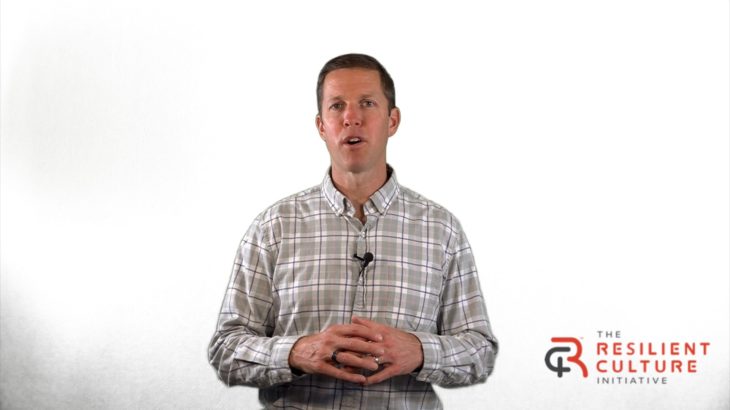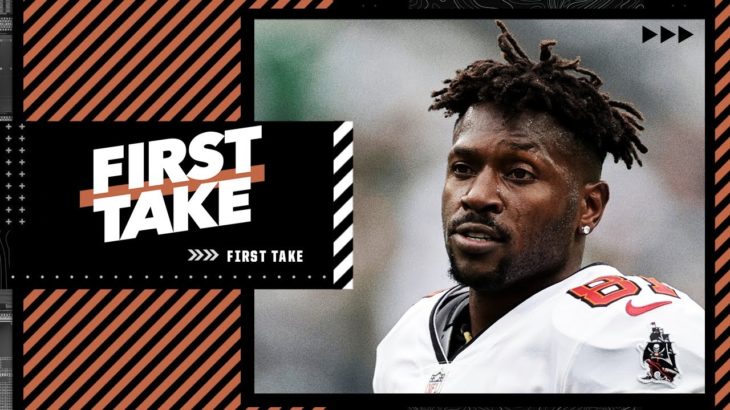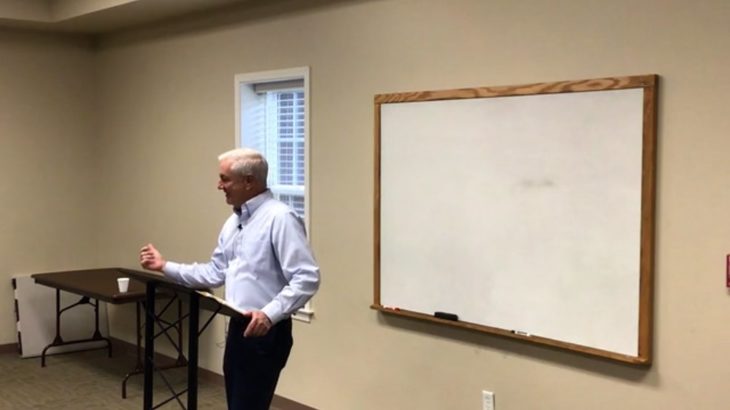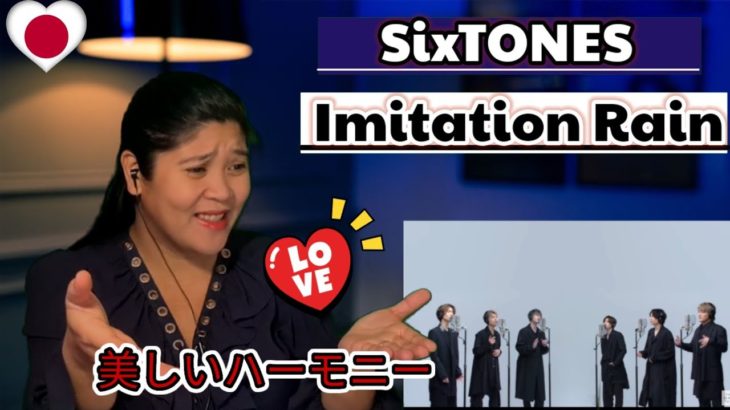People and relationships are a big part of life. And when it comes to relationships, conflict is inevitable. Actually, if conflict doesn’t develop every so often, that’s a problem.
Clashing or disagreeing with others is a perfectly normal part of leading and loving people.
Given the variety of different perspectives and values, especially in the Information Age—when we have so many avenues to openly share with others–finding differences happens quite often. A routine example of this is when someone makes a post on social media that expresses a different perspective than the one you have.
We all make choices about how we deal with conflict. We either care about the relationship enough to work through the differences–—or let conflict and ongoing tension create a permanent rift. In organizations, unresolved — or poorly resolved conflict— can eat away at efficiency, impair team cohesion, and weaken communication within the group. Sometimes these dynamics go as far as forcing us to either resolve the conflict —or move on from the job.
Some people may consider themselves very conflict adverse—–willing to do anything to avoid confrontation. The dynamics of relationships matter, especially if the relationship is new. How many people choose to deal with conflict unfolds in many different ways:
–by avoiding times and places where we may run into someone
–pretend that we are too busy to get together
–or the good old decision to unfriend or block someone on social media.
And the approach can change dramatically, depending on who’s involved. But when it comes to our jobs, the bottom line is that avoiding conflict is rarely the right decision.
While we hope conflict is not a day-to-day occurrence, problems eventually will come up. Sometimes conflict, like resentment, can be buried under the surface and grow over time. So the biggest piece of advice this week is to develop the habit of addressing conflict sooner rather than later.
Because it’s a lot easier to address a strained relationship tomorrow than next month. Or certainly next year. The longer the conflict drags on, the harder it is to overcome it. Problems with simple solutions at first became very difficult to unwind over time.
Still, this is much easier said than done. So a few quick thoughts as we head into this week:
–How we communicate with each other during conflict is critical.
–It’s important to know that some people will ruminate over a problem—while others will respond quickly. And while this can be influenced by how introverted and extroverted someone is, there are different ways we get things off of our chests. Side note: people who are more introverted tend to take more time to think through how to respond to conflict.
–Sometimes people feel a need to write out their feelings and prepare in advance of a confrontation
—to ensure they have everything down that they want to say, exactly how they want to say it. Others prefer to be more agile and move in the direction of the conversation. Know your preferred style—and that of the person you’re engaging with.
–When engaging in the conflict resolution, know that some people take the approach of: when you push, I’ll push harder. Others quietly absorb what is being said but don’t respond.
–The research shows that if you come to someone calm and respectfully—and the person knows you trying to have a conversation that will address a problem that you can resolve and move past together, it actually can build the relationship. And when we sense that someone has the best interest of BOTH of us—then when are more apt to listen, process, and digest what we are hearing.
In other words, if we can separate the person from the problem—and avoid trying to win, successful conflict resolution odds go way up. And that makes for a more productive and resilient organizational culture.






